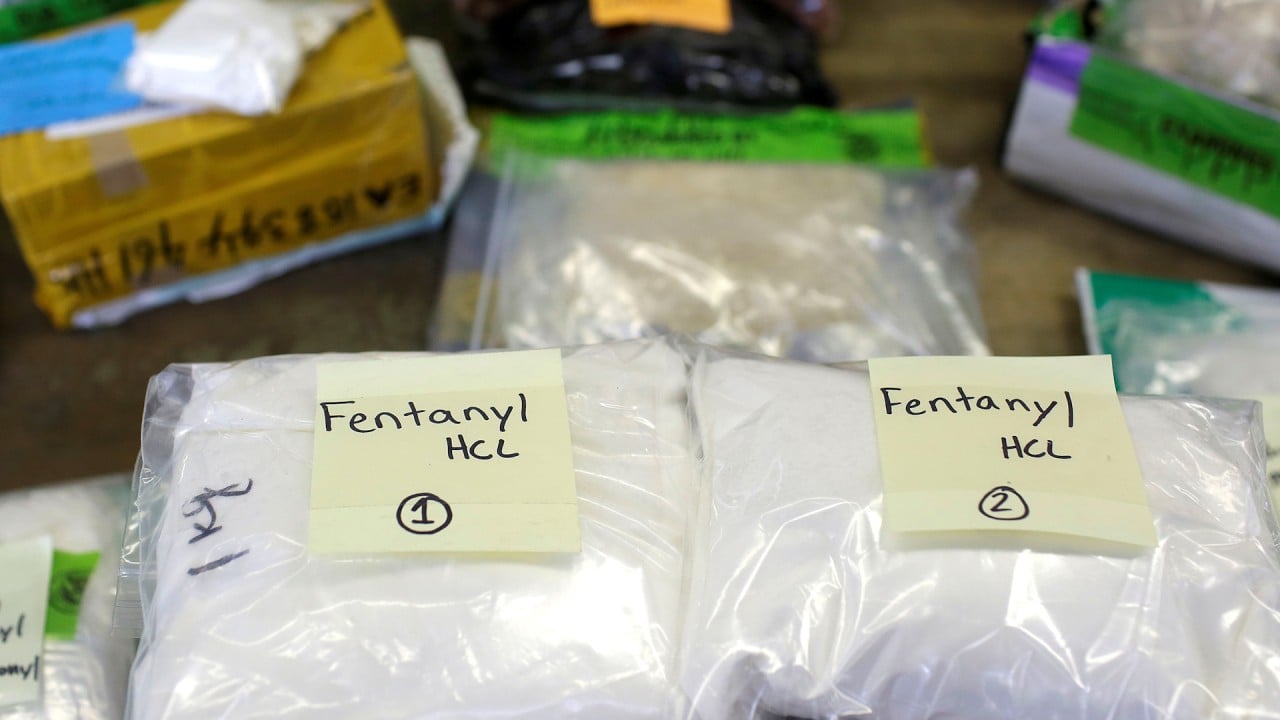China-US meeting agrees to scientist exchanges to keep up with synthetic narcotic trade
“Both sides committed to alerting one another of the emergence of newly detected synthetic substances that present a potential emerging drug threat to both countries through establishing a direct line of communication and to continue regular scientist-to-scientist exchanges on this topic, with the next exchange taking place later in June,” the US readout said.
According to a statement from the Chinese side, Wang told Gupta that China was willing to “continue to strengthen bilateral and multilateral exchanges and cooperation in the anti-drug field with the US on the basis of mutual respect, management of differences and mutually beneficial cooperation”.
But Wang, a close aide to Xi, also urged the US to “pay attention to and effectively address the concerns of the Chinese side” to allow “pragmatic cooperation” between the two peoples. Wang did not elaborate on what the concerns were.
Thursday’s meeting was the latest effort as Beijing and Washington, amid geopolitical competition from trade to human rights, moved to stabilise ties following the meeting between Xi and Biden in November.
The case was hailed by China’s Ministry of Public Security, which is headed by Wang, as a “prime example of recent China-US anti-drug cooperation”.
On the same day, China announced that 45 new substances would be added to the supplementary list of controlled non-pharmaceutical narcotic drugs and psychotropic drugs, including several synthetic opioids, starting from July 1.
Counternarcotics cooperation between China and the US started as early as 1985. In 2003, the two sides established a mechanism for information exchange to tackle drug trafficking.
However, in August 2022, in retaliation for then House speaker Nancy Pelosi’s visit to Taiwan, Beijing officially announced it was ending all its counternarcotics and law enforcement cooperation with the US.
Washington has sought Beijing’s help to fight the drug crisis in the US by cracking down on the Chinese companies that sell chemicals – which Washington blamed as being the source of fentanyl that landed in the US – and other drugs to Mexican cartels.
China, which has officially controlled all forms of fentanyl as a class of drugs since 2019, has long rejected criticism that the country was fuelling the opioid crisis in the US, but said the US should tighten its domestic controls “rather than blaming others”.
